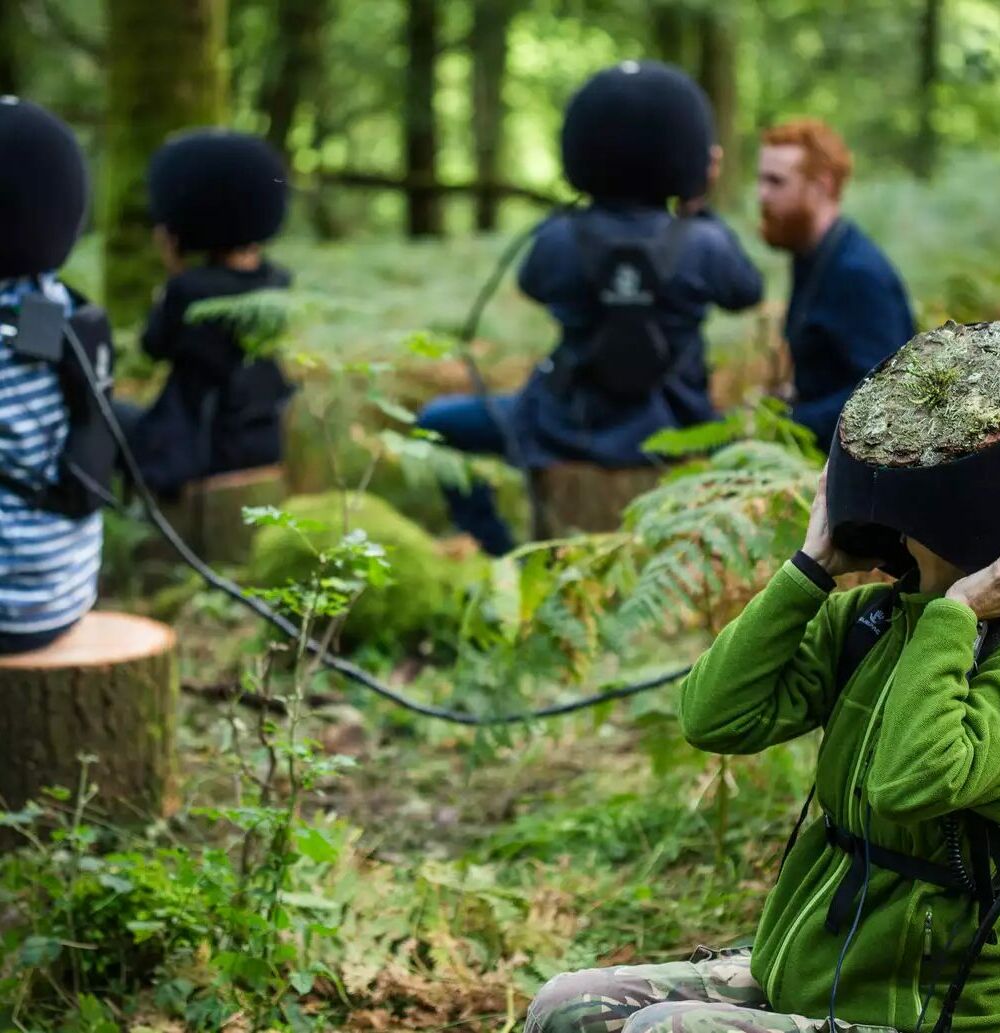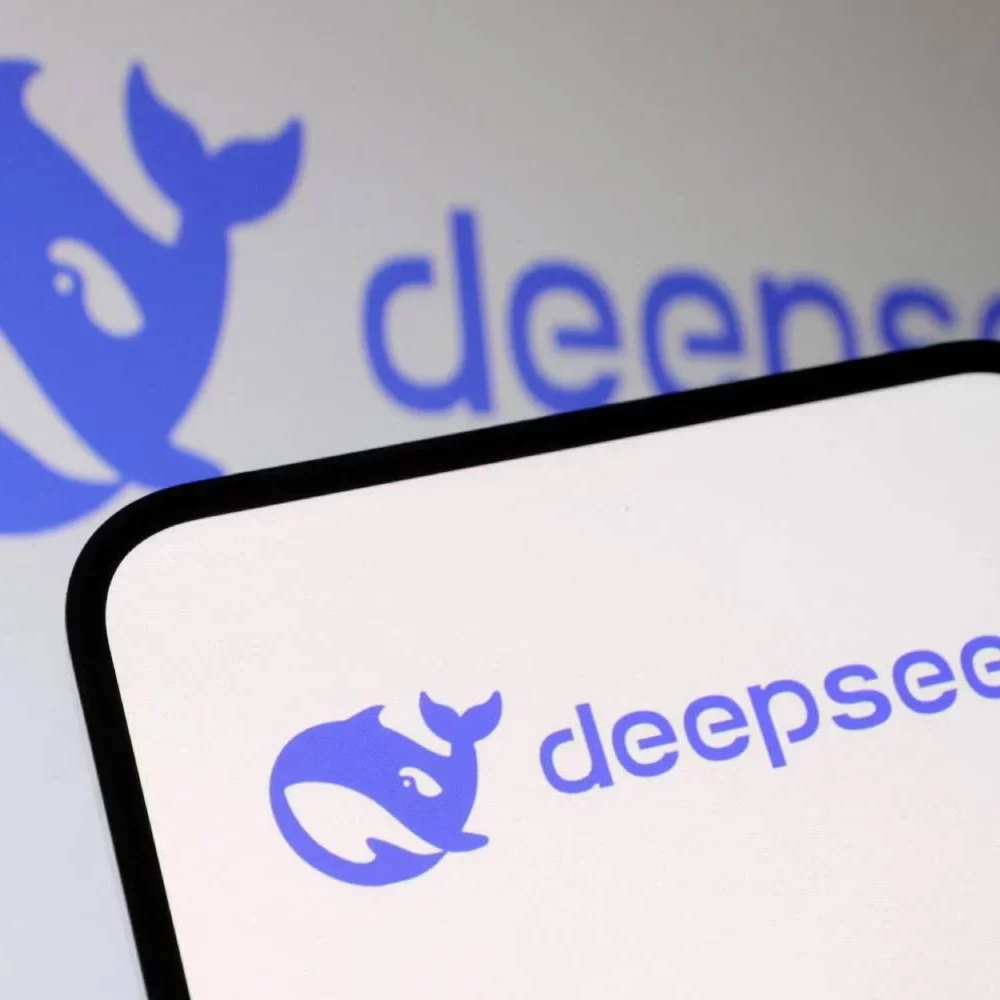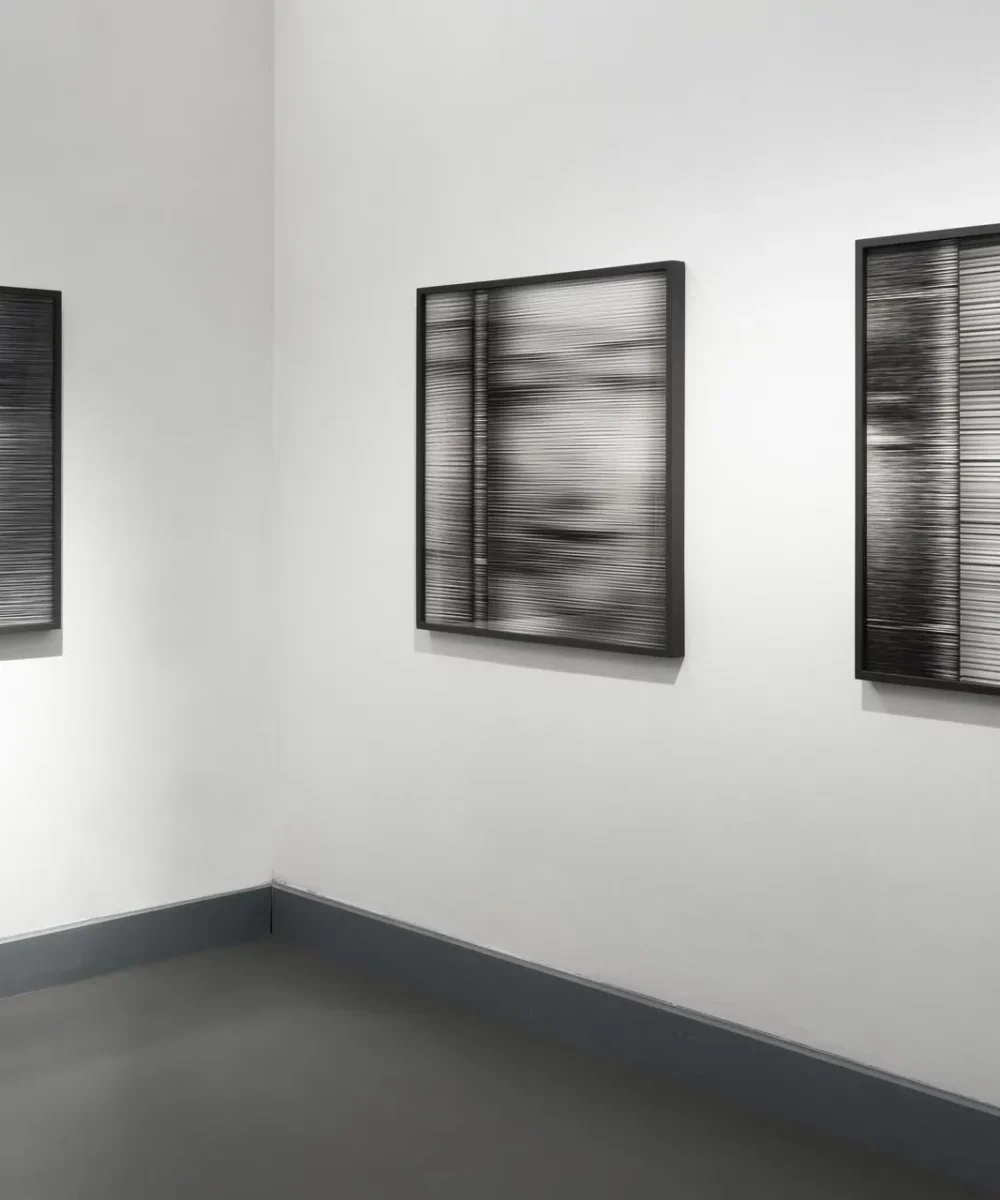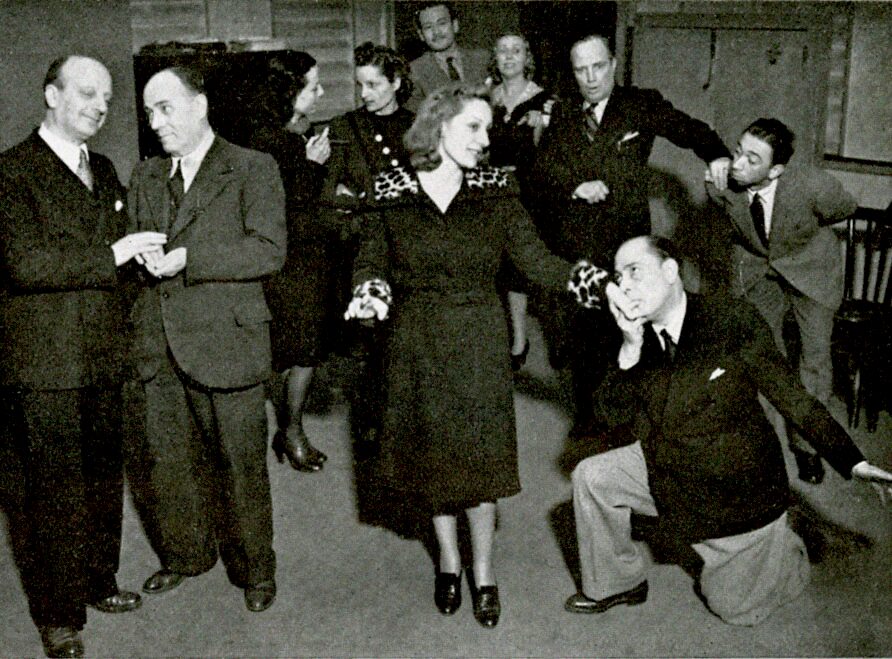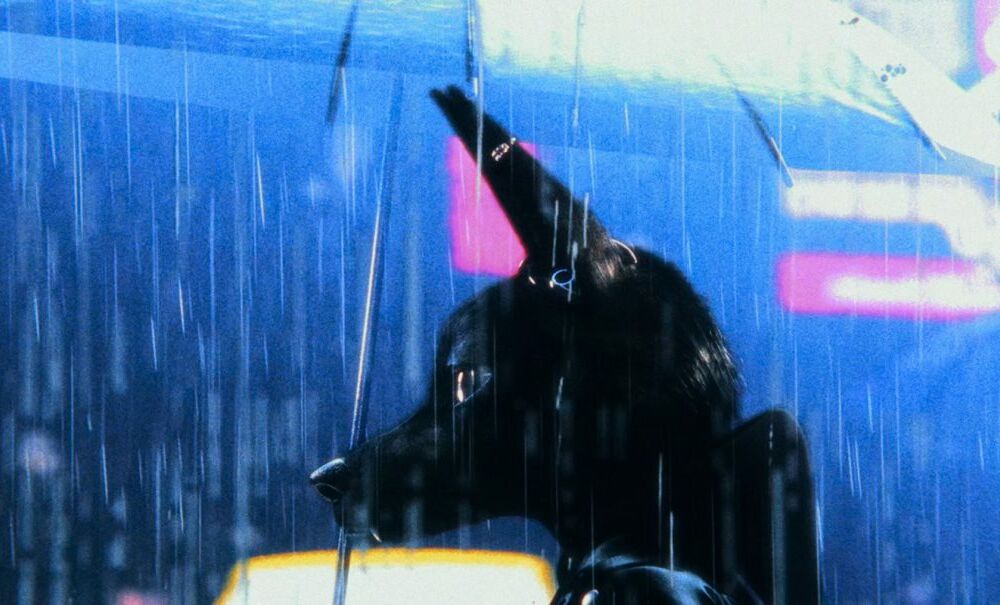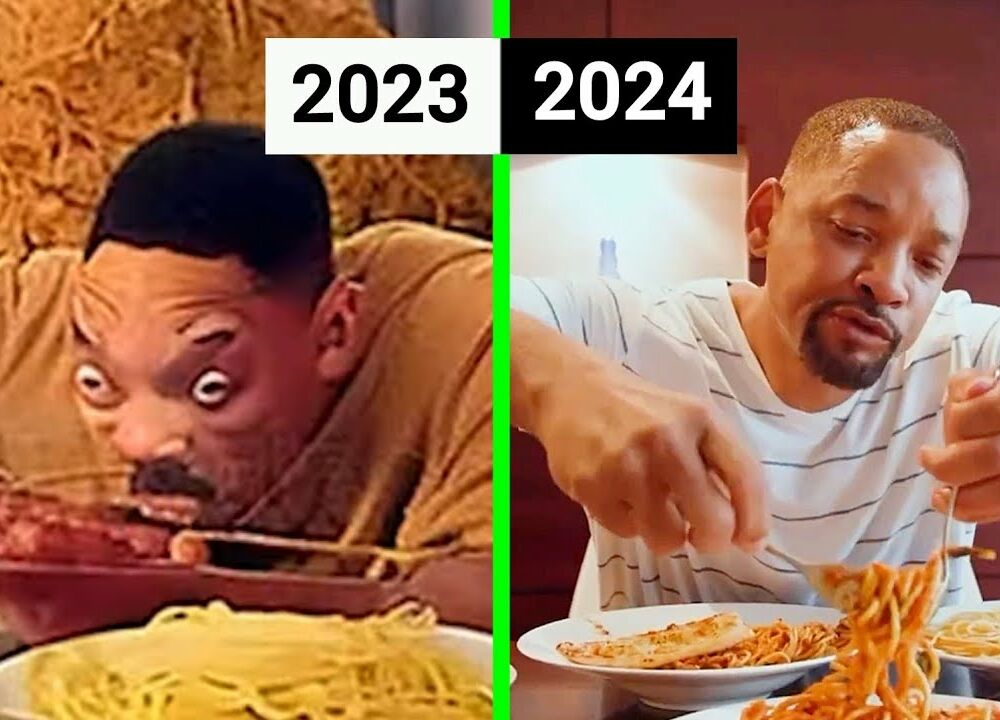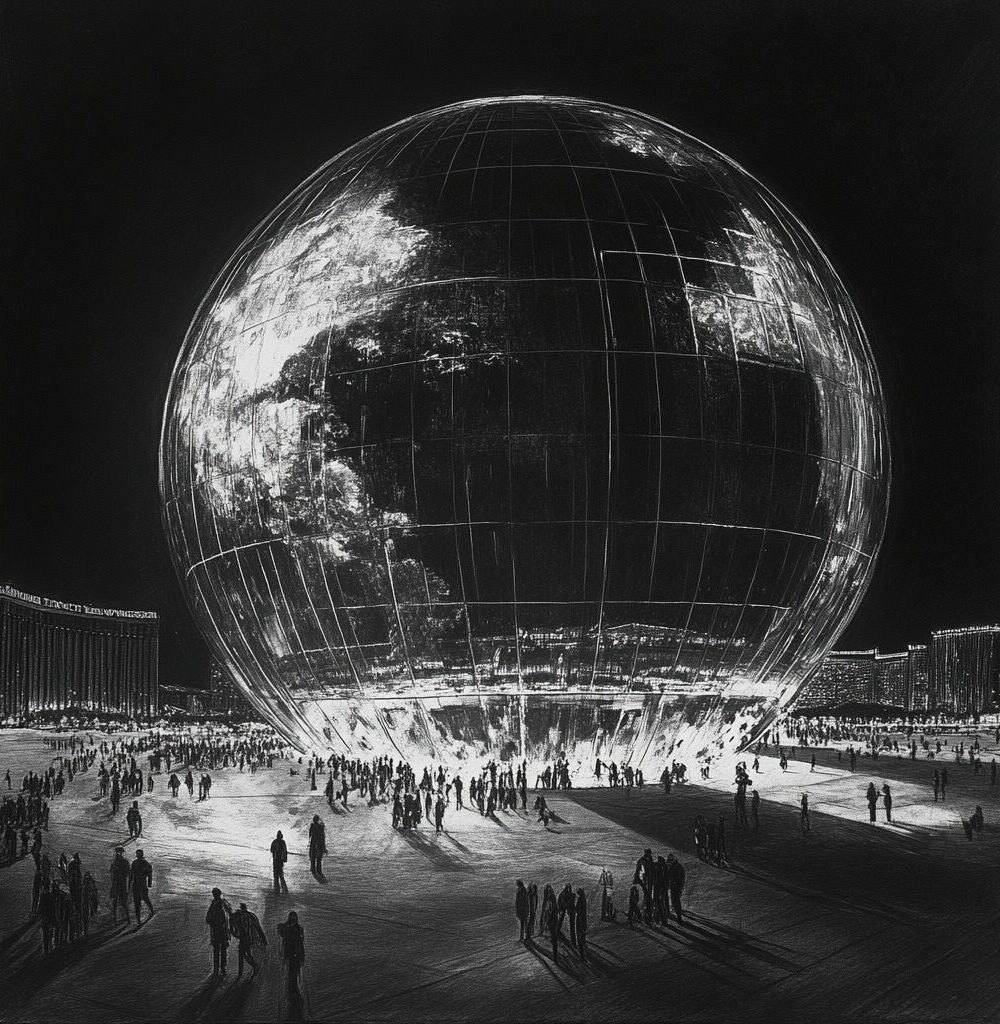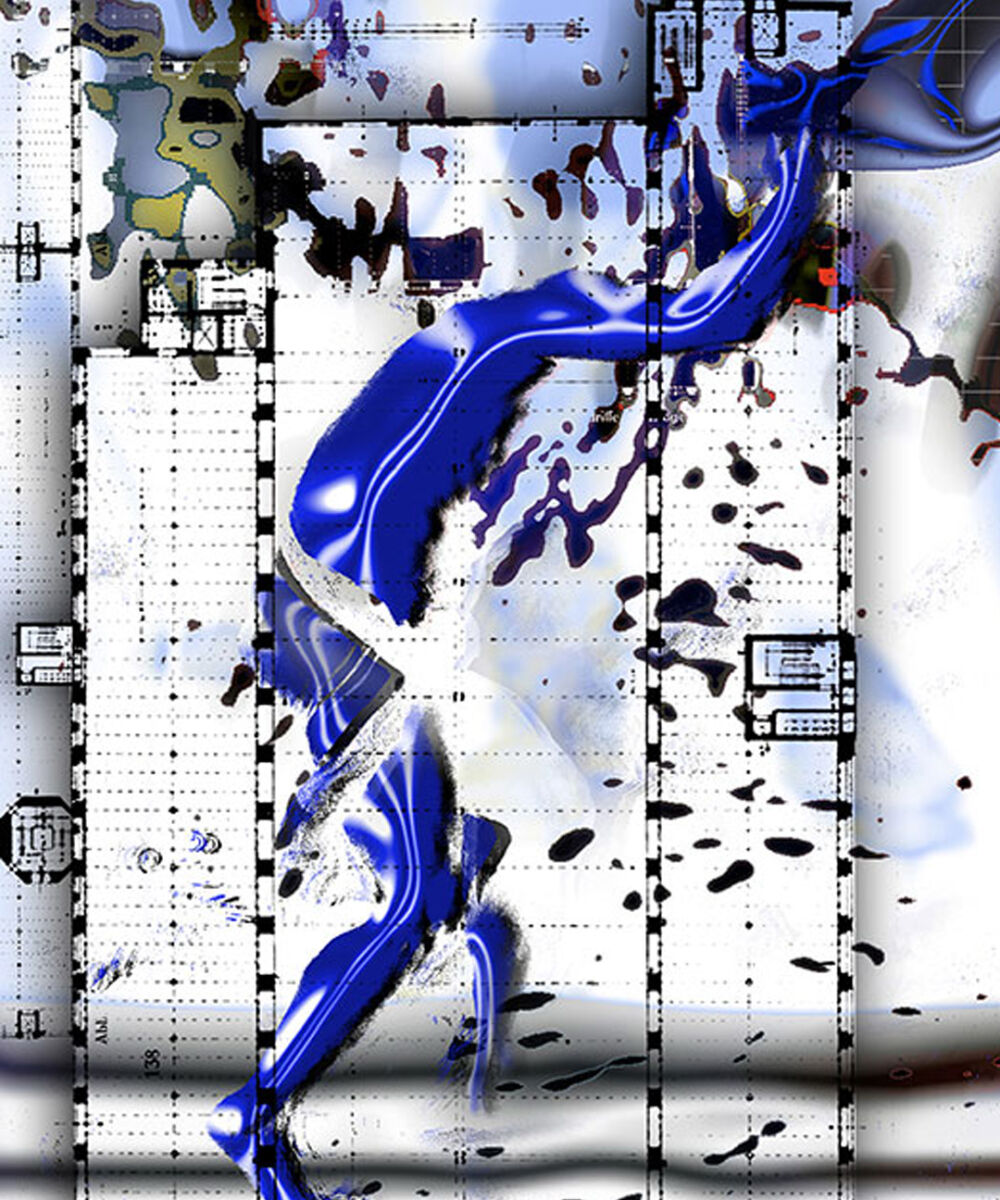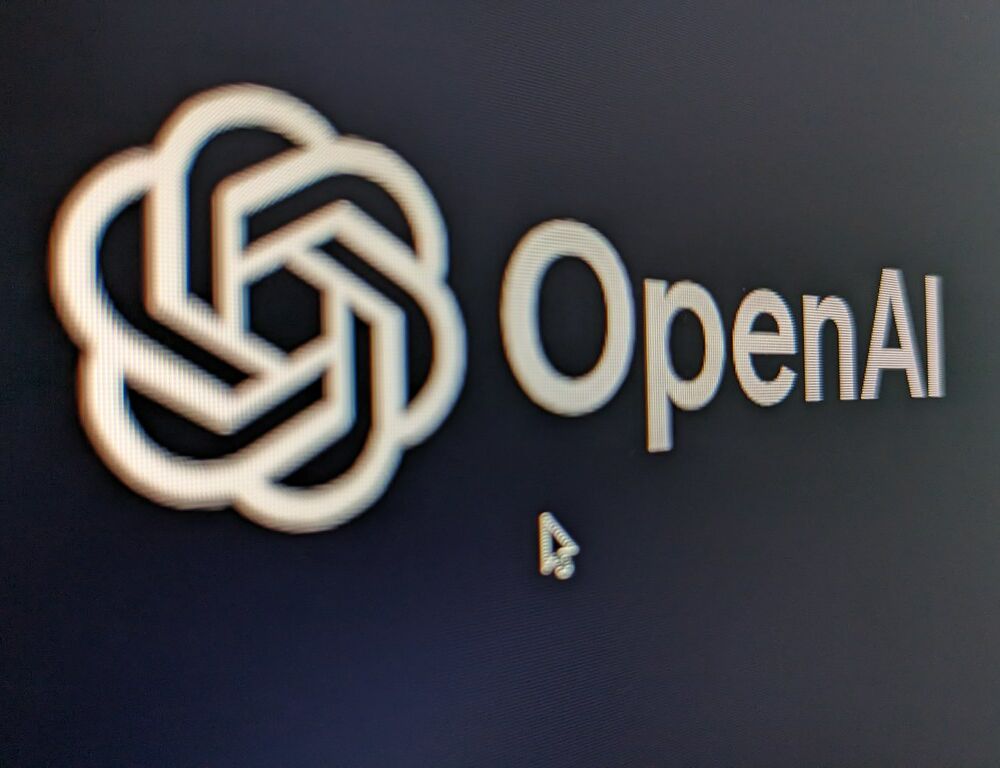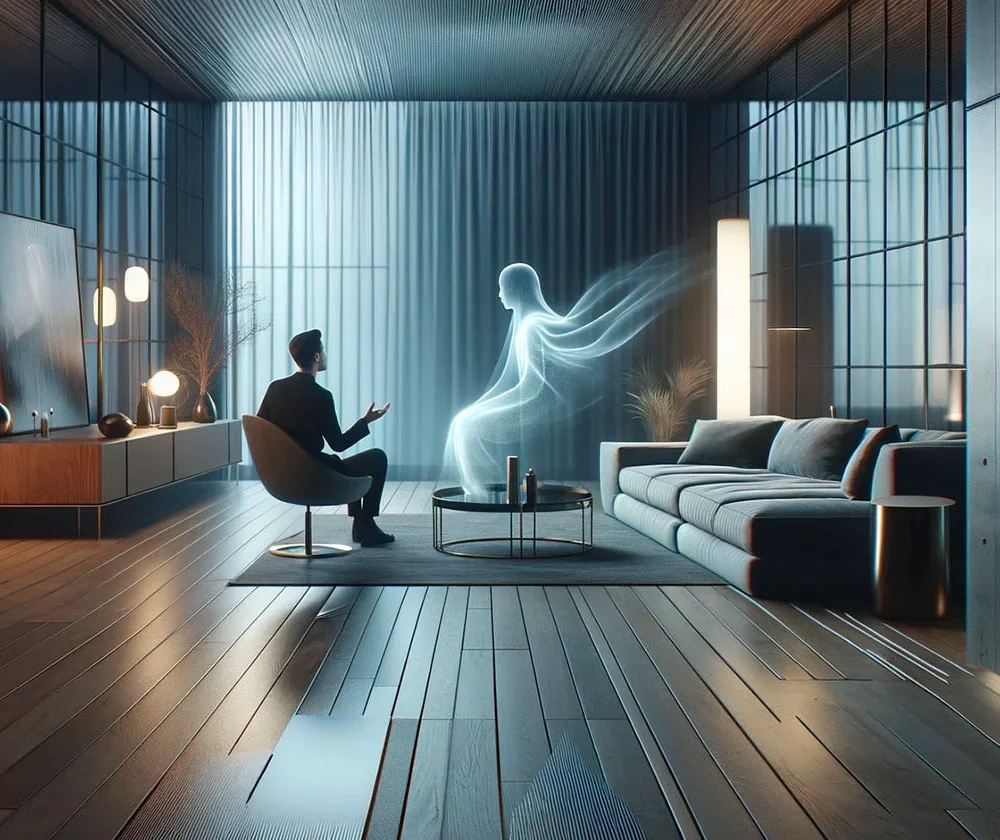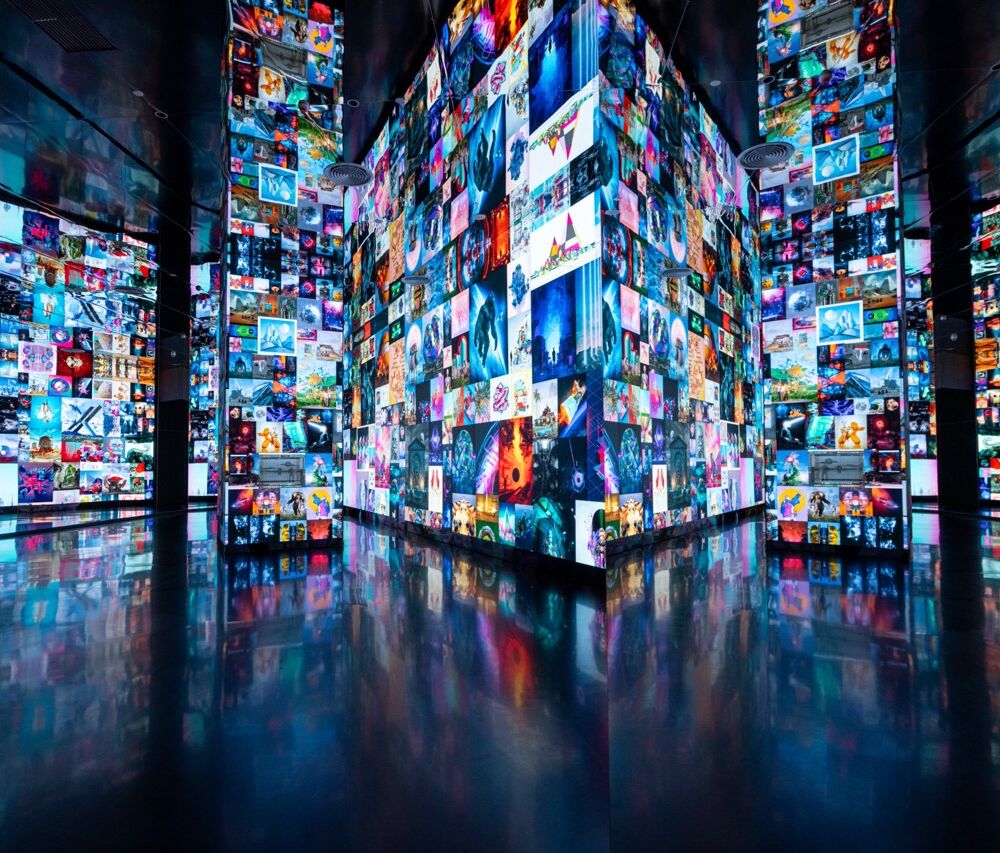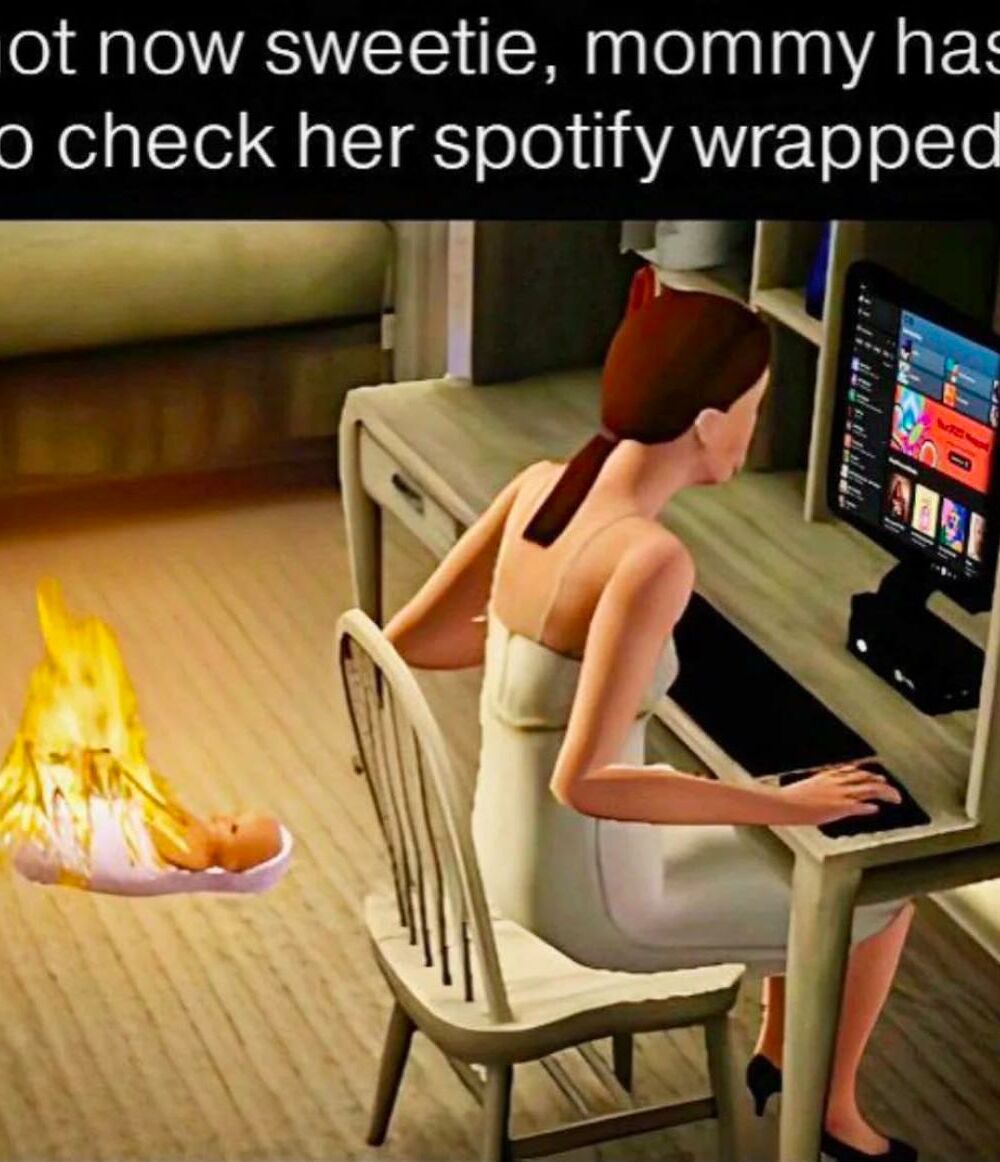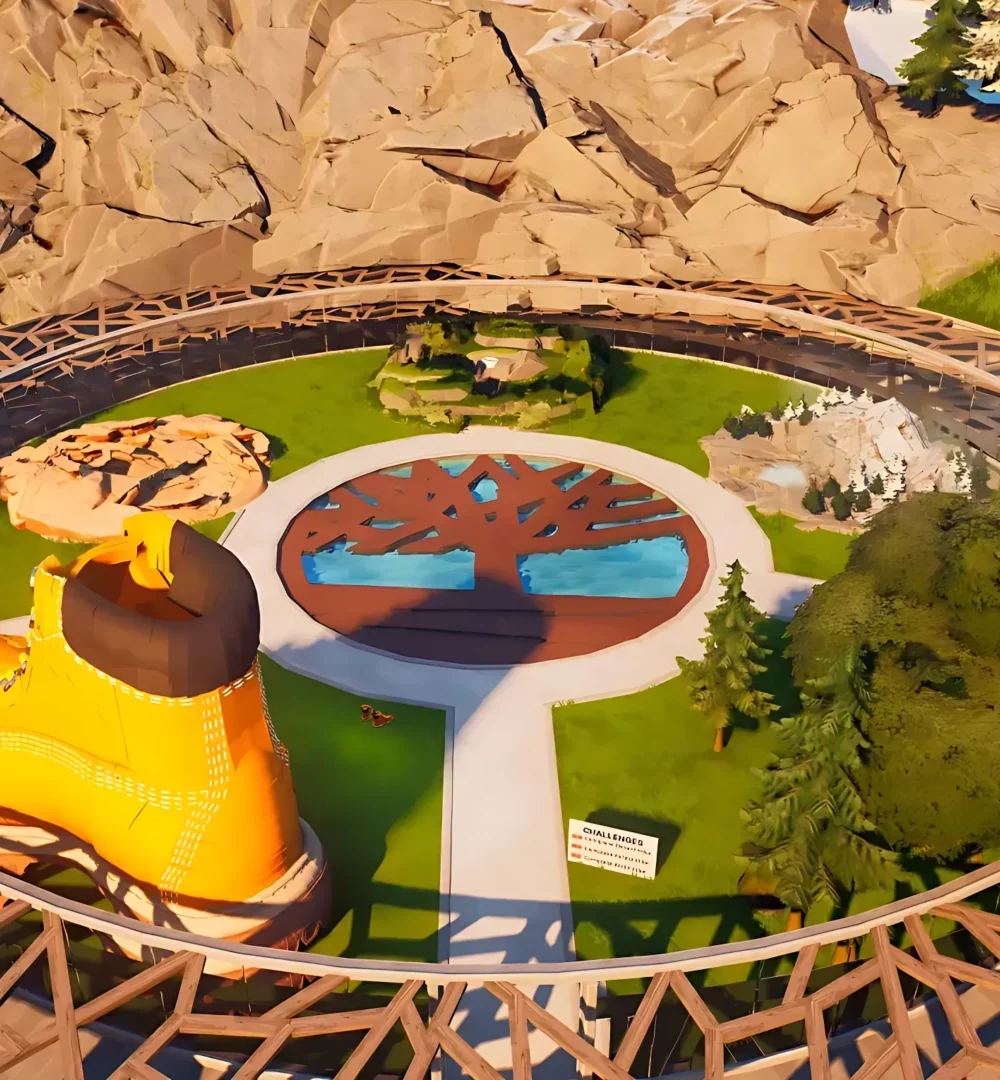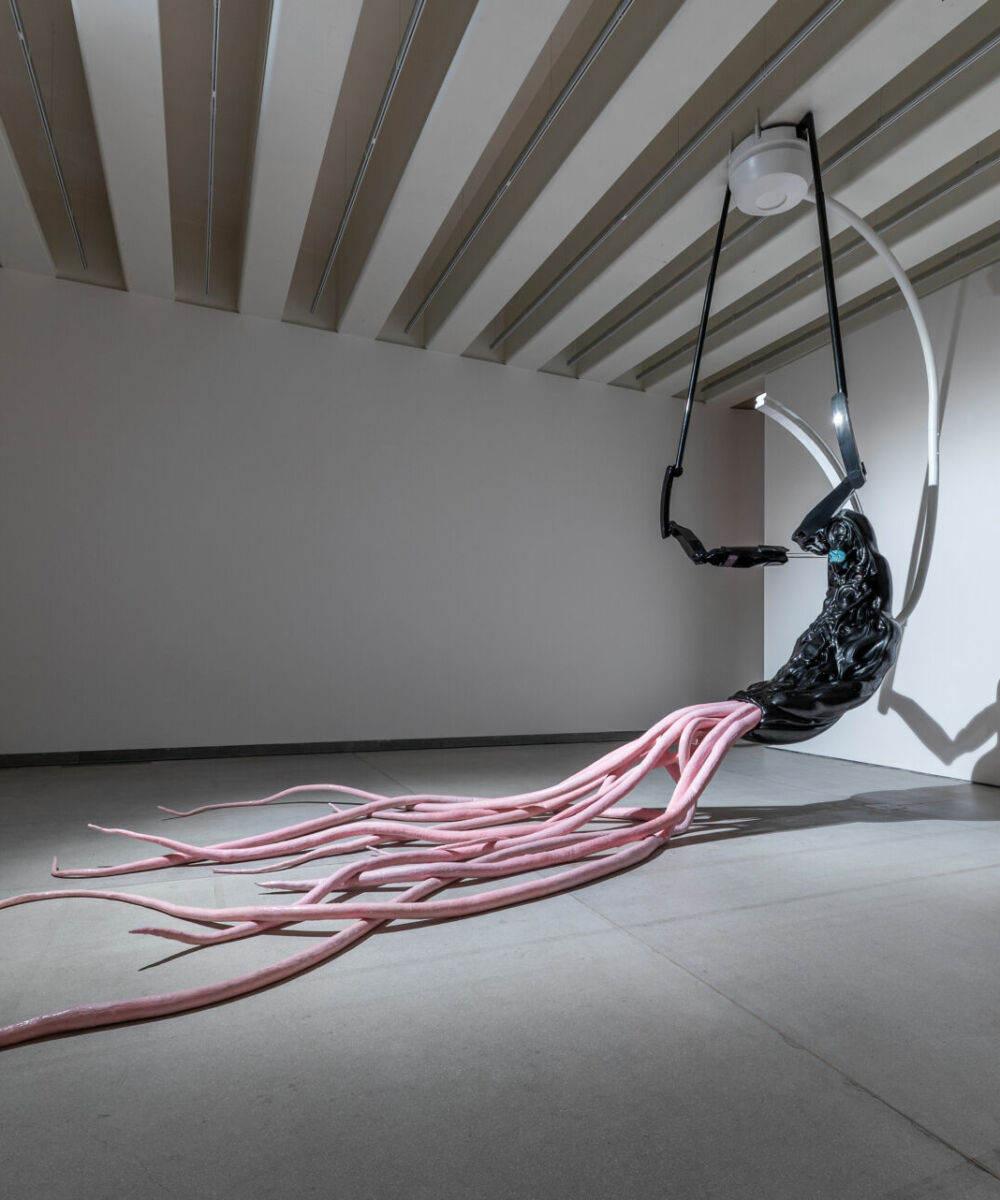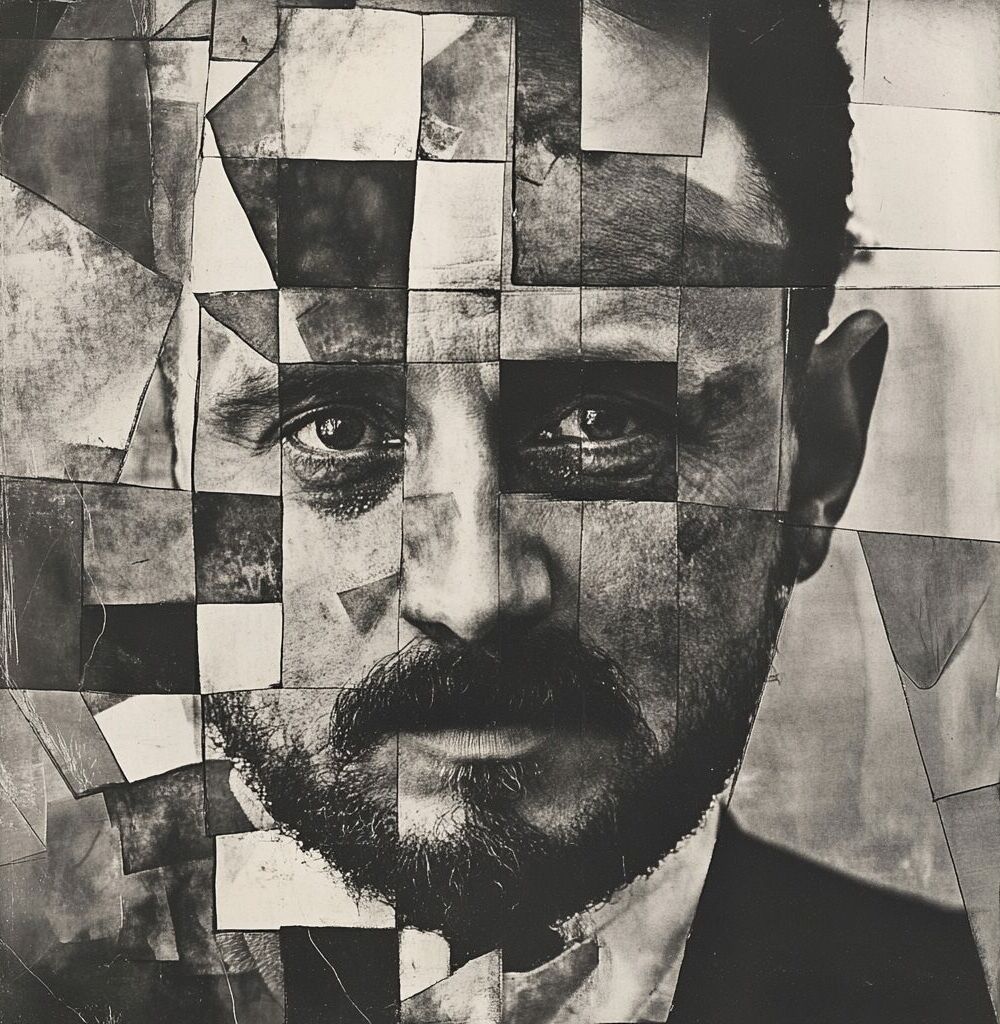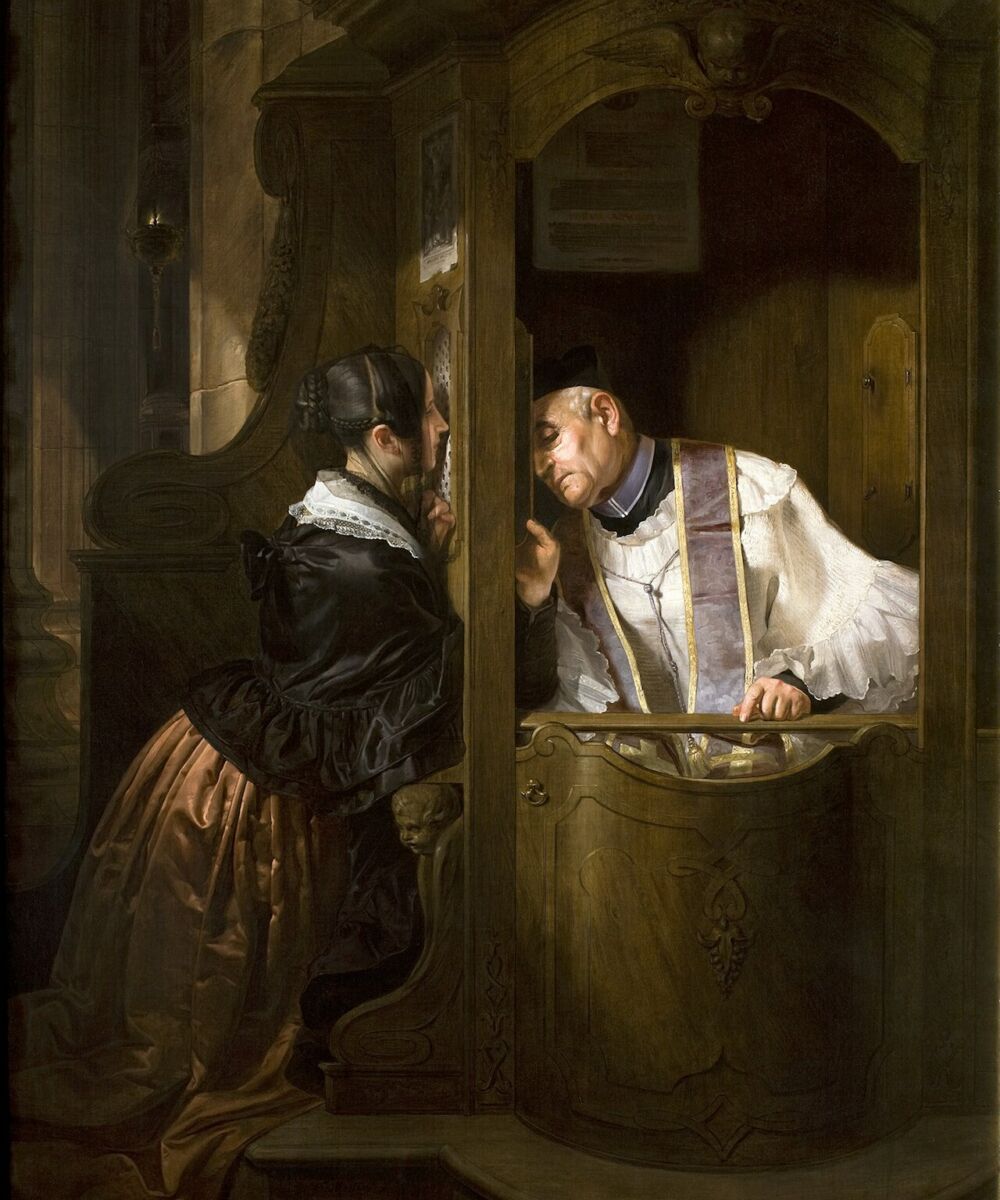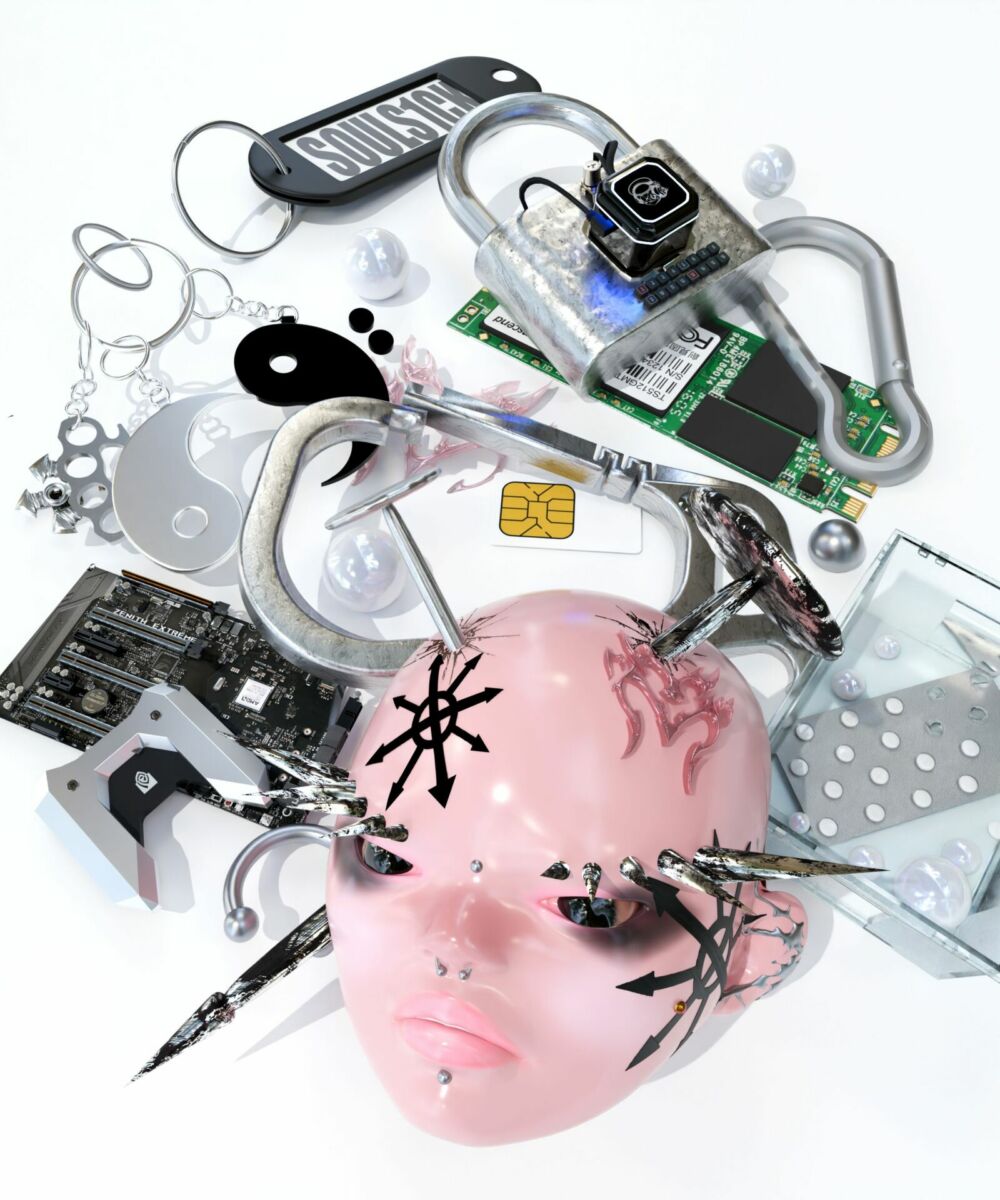Cluster explores the new senses that cluster around musical currents of the past and present, their aesthetics and practices. Like the dissonant chord from which it takes its name, Cluster will highlight contrasts and chords in the relationship between sound and the communities built around it.Cluster explores the new senses that cluster around musical currents of the past and present, their aesthetics and practices. Like the dissonant chord from which it takes its name, Cluster will highlight contrasts and chords in the relationship between sound and the communities built around it.
Not for Abo Abo, aka Daniele Carcassi, a musician and producer from Florence whose career simultaneously follows both paths. To him, these two worlds share the same search for new languages but still have much to learn from each other.
Techno can look to experimental music to break down its idiomatic and timbral barriers and avoid becoming stuck in established formulas, always aiming for something new. It’s precisely from such experiments and the use of unconventional sounds that interesting branches of techno have developed.”
Perhaps he’s referring to his own productions, which, rather than focusing on a straight four-on-the-floor beat, emphasise a timbral mosaic intricately crafted over dark trance grooves. And what can experimental music learn from techno?
Perhaps the speed and naturalness with which it reaches the listener. And the sense of community created during techno events, where the audience, the dancefloor, and the crew engage in a continuous exchange, making everyone an active part of the experience.” Its an optimistic view of the party scene, but it’s precisely the one adopted by DE RIO, the label he’s part of and with which he has been organising events since 2019. These events place the participant’s experience, as a listener above all, at the centre.
Abo Abo, who has experience both as a performer and as a tutor at the Venice Biennale Musica, recently returned from a trip to Paris, where he performed one of his compositions at IRCAM. There, he used AI-based software such as RAVE. I adapted these technologies to my setup to explore unconventional uses, enhancing the capabilities of my instruments, like turntables and a modular synthesiser.” In doing so, he built a complex sound system where he could improvise freely. Compared to some experimental music, techno often struggles to be recognised as an art form. And yet, as you can see, the same creator is often behind both. The boundary between these two worlds is thinner than one might think.

Pierluigi Fantozzi, 1995, is a musician. He graduated from the National Academy of Jazz in Siena and obtained his master’s degree at the Conservatory of Bologna. A clarinet player, he has played in jazz ensembles, but has cultivated an interest in electronic music, also collaborating with Tempo Reale. Since 2023, he has been part of the Controradio team, for which he has conducted interviews with important figures on the international music scene. As a radio speaker, he leads his own programme Passabanda.



